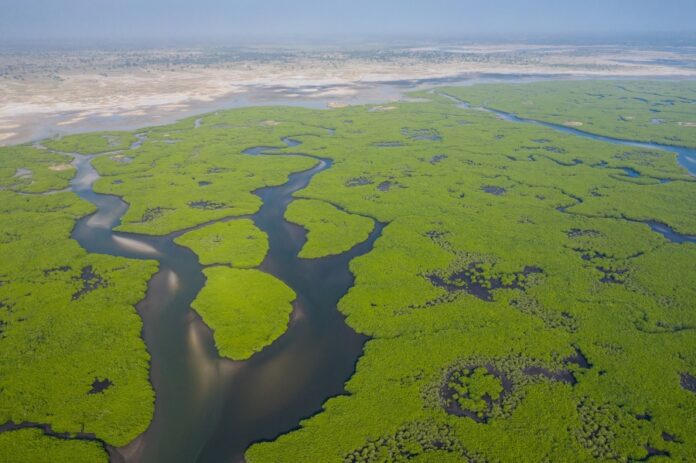A recent study by Bezeng et al. (2025) titled “An African perspective to biodiversity conservation in the twenty-first century,” published in Philosophical Transactions B, reveals that Africa’s rich biodiversity is under significant threat due to various factors such as habitat destruction, overexploitation of natural resources, climate change, and pollution.
“
Africa’s rich biodiversity is under significant threat from habitat destruction, resource overexploitation, climate change, and pollution, requiring urgent conservation.– Bezeng et al. 2025
The article explores the unique challenges and opportunities for biodiversity conservation in Africa. The study highlights the continent’s rich biodiversity and the threats it faces, such as habitat destruction, overexploitation of natural resources, climate change, and pollution. The article emphasizes the importance of involving local communities and stakeholders in conservation efforts and highlights successful examples of community-led initiatives.
How the Study was Conducted
The study was conducted by contacting 49 conservationists and researchers in Africa to gather their opinions on the key challenges and recommendations for biodiversity conservation. Out of the initial list, 25 responded, and their responses were aggregated into five major recommendations. The authors of the article, along with the respondents, have extensive experience in delivering conservation outcomes in Africa, ranging from research and capacity building to advocacy and policy-making.
What the Authors Found
The authors found that Africa’s rich biodiversity is under significant threat due to various factors such as habitat destruction, overexploitation of natural resources, climate change, and pollution.
Why is this important?
This study is crucial because it addresses the urgent need for biodiversity conservation in Africa, a continent with rich biodiversity that is under significant threat. The recommendations provided by the authors aim to enhance conservation efforts, involve local communities, and integrate indigenous knowledge, which are essential for sustainable and effective conservation strategies. By implementing these recommendations, Africa can make significant strides towards preserving its unique biodiversity, fostering a healthier society, and contributing to global conservation efforts. This is not just about protecting wildlife; it’s about ensuring the well-being of African societies and the planet as a whole.
What the Authors Recommended
The authors recommend five key strategies to enhance biodiversity conservation in Africa:
- Accelerate data collection and sharing: Improve data collection, sharing, and analytics to inform policy and decision-making.
- Innovate education and capacity building: Develop innovative education and capacity-building programs for future generations.
- Enhance and expand protected areas: Strengthen and expand protected areas, ecological networks, and legal frameworks.
- Unlock creative funding channels: Develop new and innovative funding mechanisms for conservation initiatives.
- Integrate indigenous and local knowledge: Incorporate indigenous and local knowledge into conservation strategies.
In conclusion, Africa’s biodiversity is a vital global treasure that faces unprecedented challenges requiring urgent and collaborative action. By implementing the recommendations outlined in this study—accelerating data collection, fostering education, expanding protected areas, unlocking creative funding, and integrating indigenous knowledge—Africa has the potential to not only safeguard its unique ecosystems but also to set a global benchmark for sustainable and inclusive conservation. These efforts are crucial, not only for preserving the continent’s natural heritage but also for ensuring the well-being of its people and contributing to the global fight against biodiversity loss.
















 The African Research (AR) Index is a comprehensive scholarly directory and database focused explicitly on journal publishers that publish and disseminate African research.
The African Research (AR) Index is a comprehensive scholarly directory and database focused explicitly on journal publishers that publish and disseminate African research.

